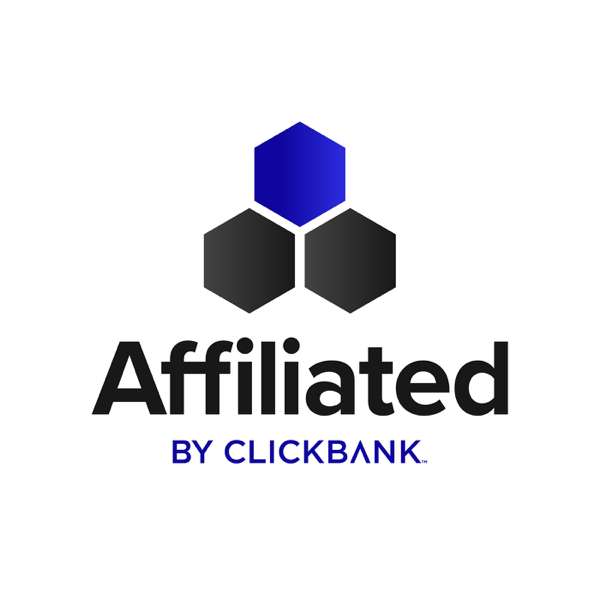Until now, proposals to improve blockchain scalability have addressed the problem in one of two ways. One seeks to increase efficiency by optimizing the blockchain or improving the consensus algorithm. The other comes in the forms of layer-2 solutions such as payment channels or side chains.
However, none have addressed the core bottleneck to scalability: TCP/IP network limitations. Improving the speed at which blocks propagate through the network is the layer-0 problem few people consider when thinking about scaling.
Fundamentally, network bottlenecks are what prevent blockchains from increasing their transaction throughput. Raising the block size or reducing the time between blocks has devastating effects on usability as the probability of a fork increases. At a certain point, the blockchain simply breaks as forks occur faster than blocks can propagate to all validators.
Remarkably, the web figured out how to scale decades ago with the invention of Content Distributions Networks, or CDN. This is what enables platforms like YouTube to steam thousands of hours of video to hundreds of thousands of people every second. However, traditional centralized scaling solutions lack the privacy and censorship resistance necessary to serve the decentralized web.
We’re joined by Uri Klarman, CEO of bloXroute. Founded by a team of researchers and systems designers from Northwestern and Cornel University, including Emin Gün Sirer, bloXroute allows practically every blockchain network to “scale today.”
As a scalability infrastructure service, their Blockchain Distribution Network, or BDN, sits underneath blockchain networks. Anyone operating a miner can use the BDN without any changes to their consensus algorithm or protocol. By simply pointing their software to a bloXroute node, miners immediately benefit from propagation speeds orders of magnitude higher than the time which is currently required for blocks to be seen by all validators. This global network of servers is optimized to receive and stream massive amounts of transaction data to vast networks of nodes and miners.
While bloXroute relies on some level of centralization, it is provably neutral and cannot discriminate based on the contents, provenance or destination of a block. It also includes clever redundancy mechanisms which ensure availability in the event of an attack on the network.
Topics covered in this episode:
- Uri’s journey as an academic working in the field of networking
- Defining the blockchain scalability problem as a networking problem
- Past work and attempts to scale blockchains
- The vision behind bloXroute and the problem it aims to solve
- The Blockchain Distribution Network (BDN) and its technical architecture
- How the BDN optimizes blocks and achieves 1,000x faster propagation times
- How bloXroute archives provable neutrality and ensures network resiliency
- The BLXR token and incentive mechanisms
- The project’s goals, milestones, and product roadmap
Episode links:
This episode is hosted by Meher Roy and Sébastien Couture. Show notes and listening options: epicenter.tv/248

 Our TOPPODCAST Picks
Our TOPPODCAST Picks  Stay Connected
Stay Connected







